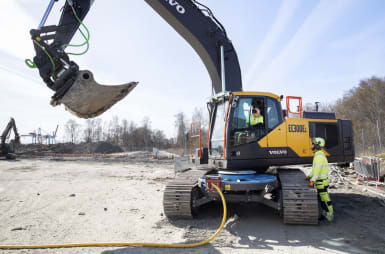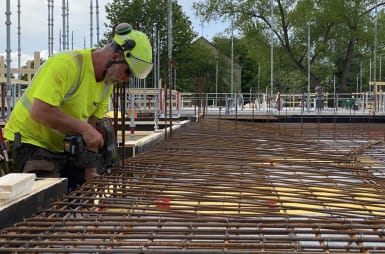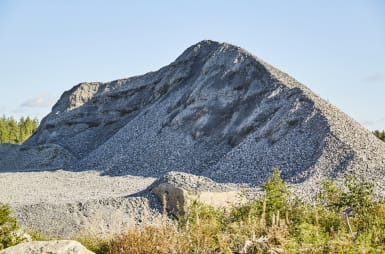Environment and climate
NCC constructs, maintains and develops the built environment. We contribute expert knowledge on how materials, methods and processes can reduce the impact on the environment before, during and after a project – and have a positive impact on society at large.
The construction industry has a vital role to play in the climate transition. The built environment accounts for a significant portion of energy-related carbon emissions, while the consumption of building materials draws on the Earth’s resources.
NCC works actively to reduce its environmental impact throughout the construction process. In addition to specialist knowledge, access to relevant and reliable data is crucial. Actively supporting the climate transition also requires collaboration and dialog with our customers, suppliers and other stakeholders in the industry.
Three focus areas in NCC’s sustainability framework concern environmental issues: Climate and energy, Natural resources and biodiversity, and Materials and circularity.



